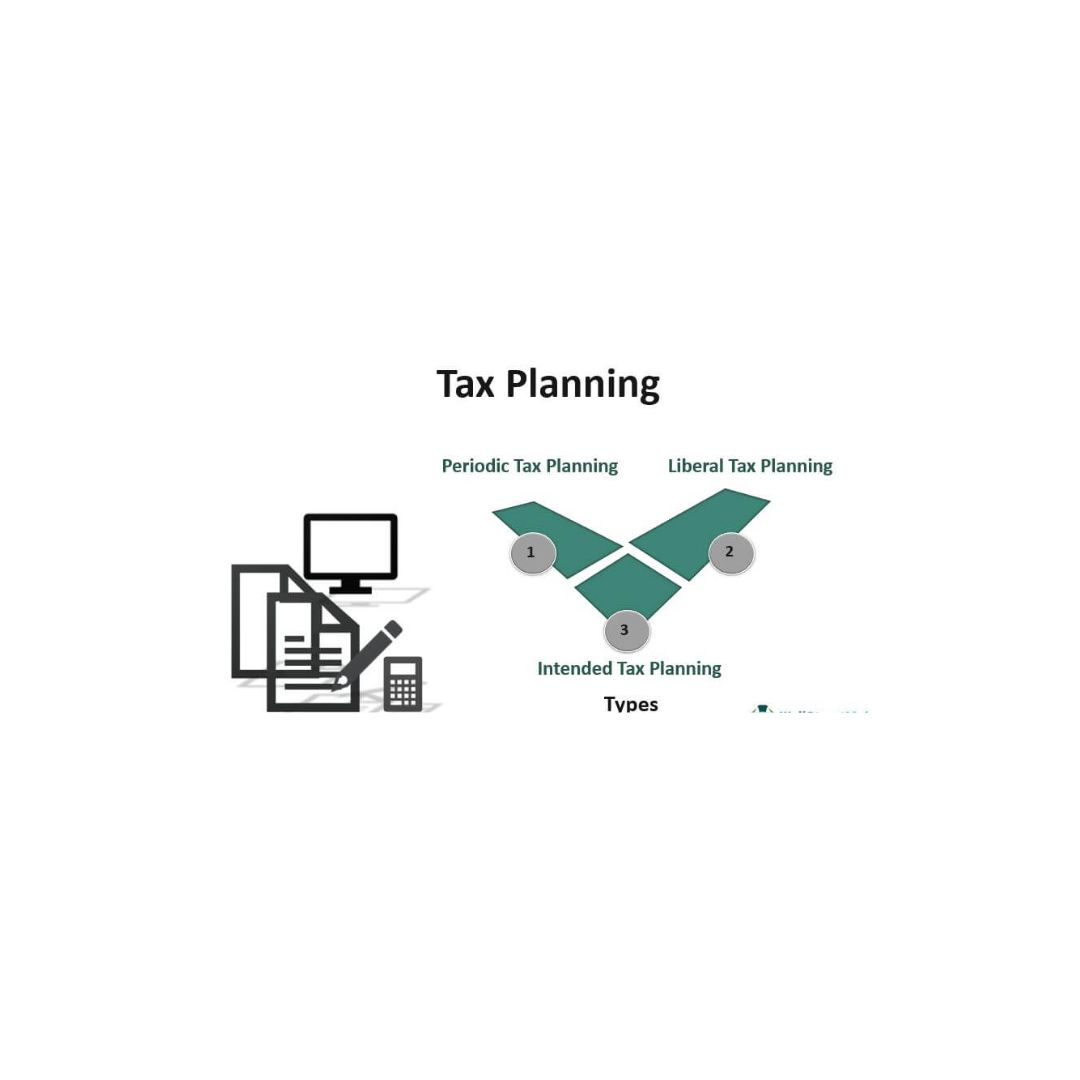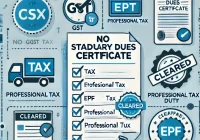Tax planning is adopted by which country?
Tax planning is adopt Tax planning a widely adopted practice by individuals and businesses around the world. Taxation planning strategies vary depending on the specific tax laws and regulations of each country. Some countries are known for having more favorable tax regimes and incentives for tax planning, while others may have stricter regulations and… Read More »









